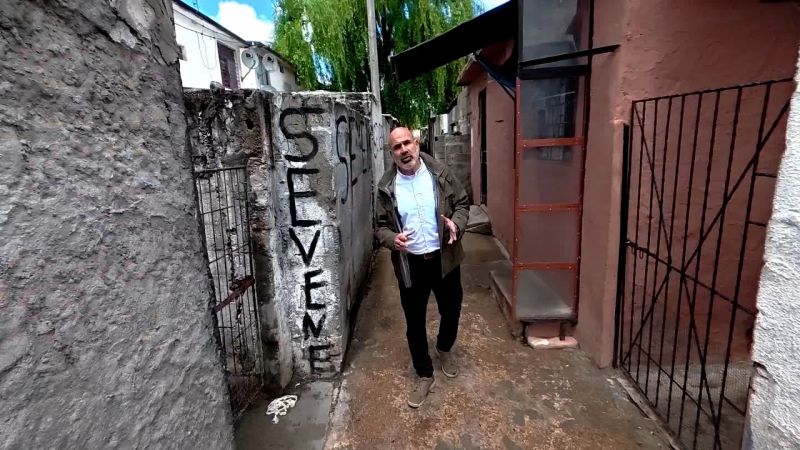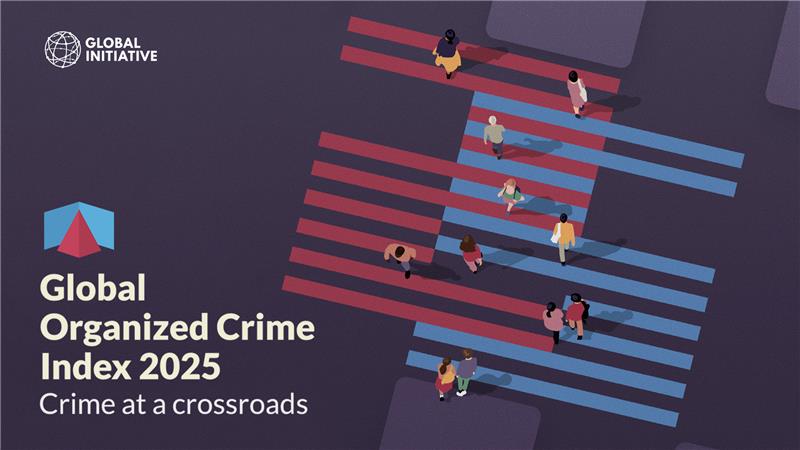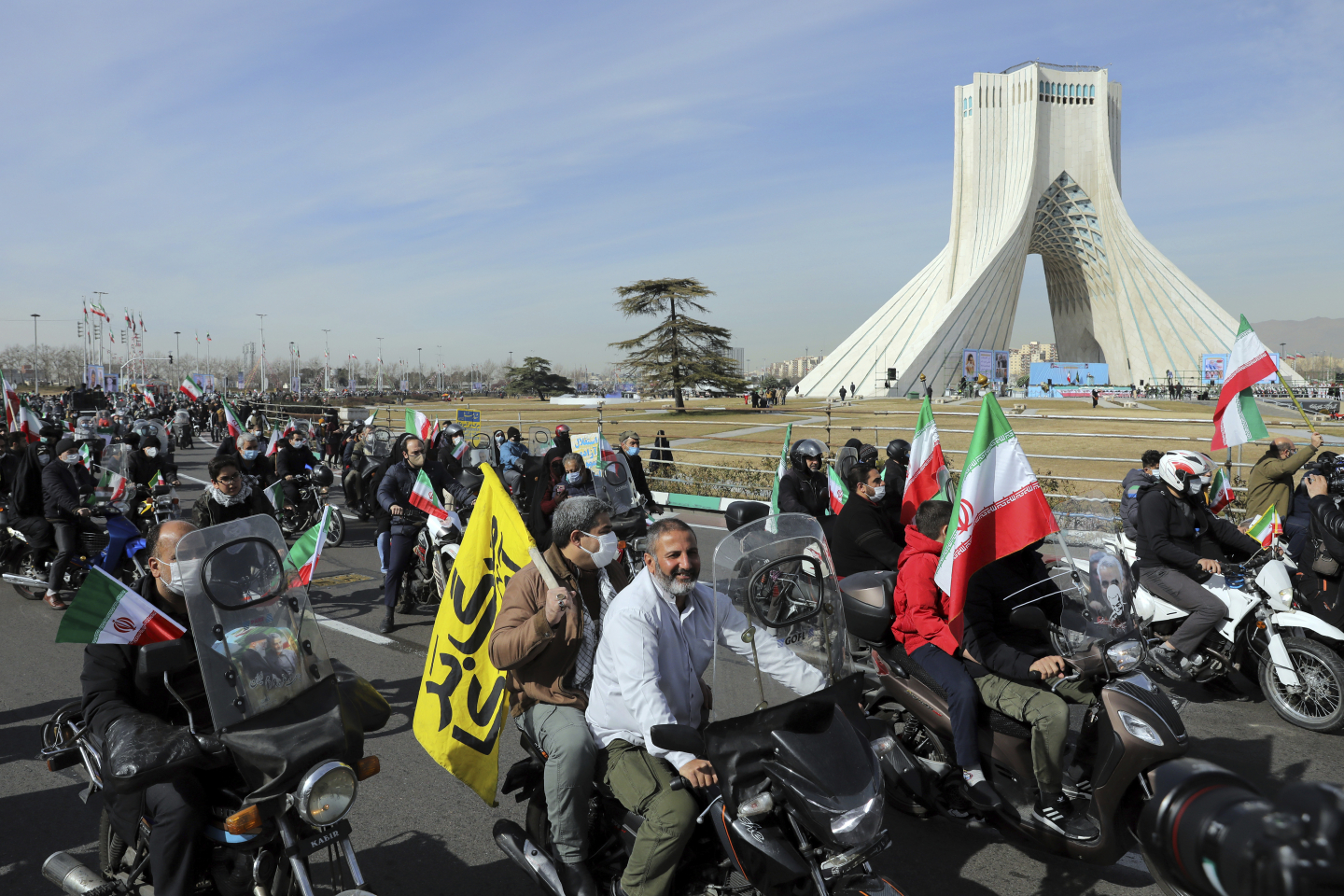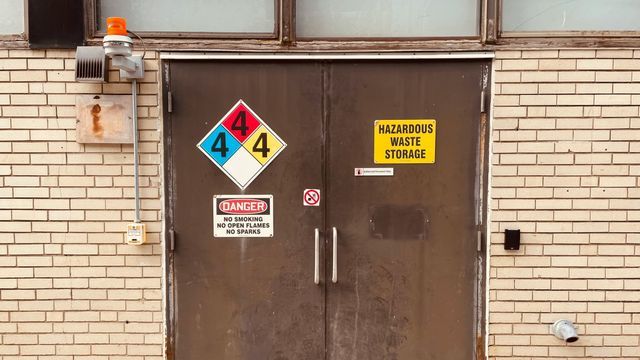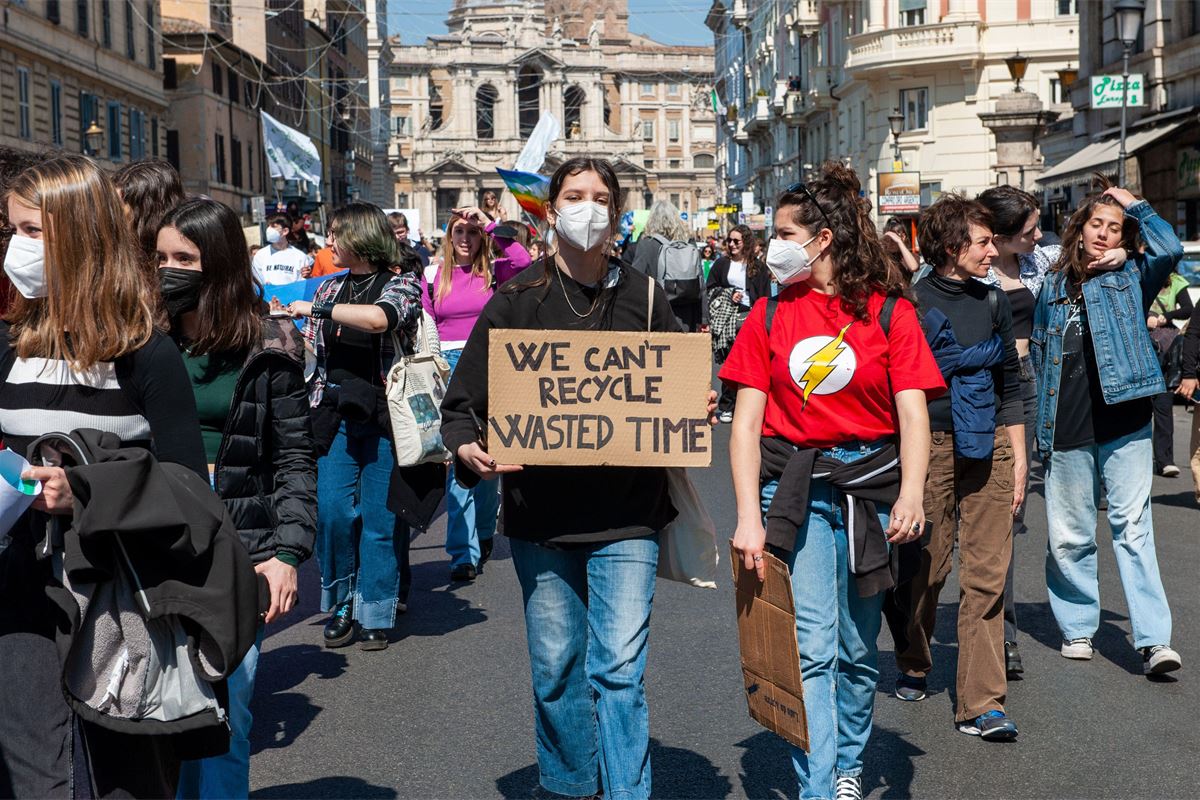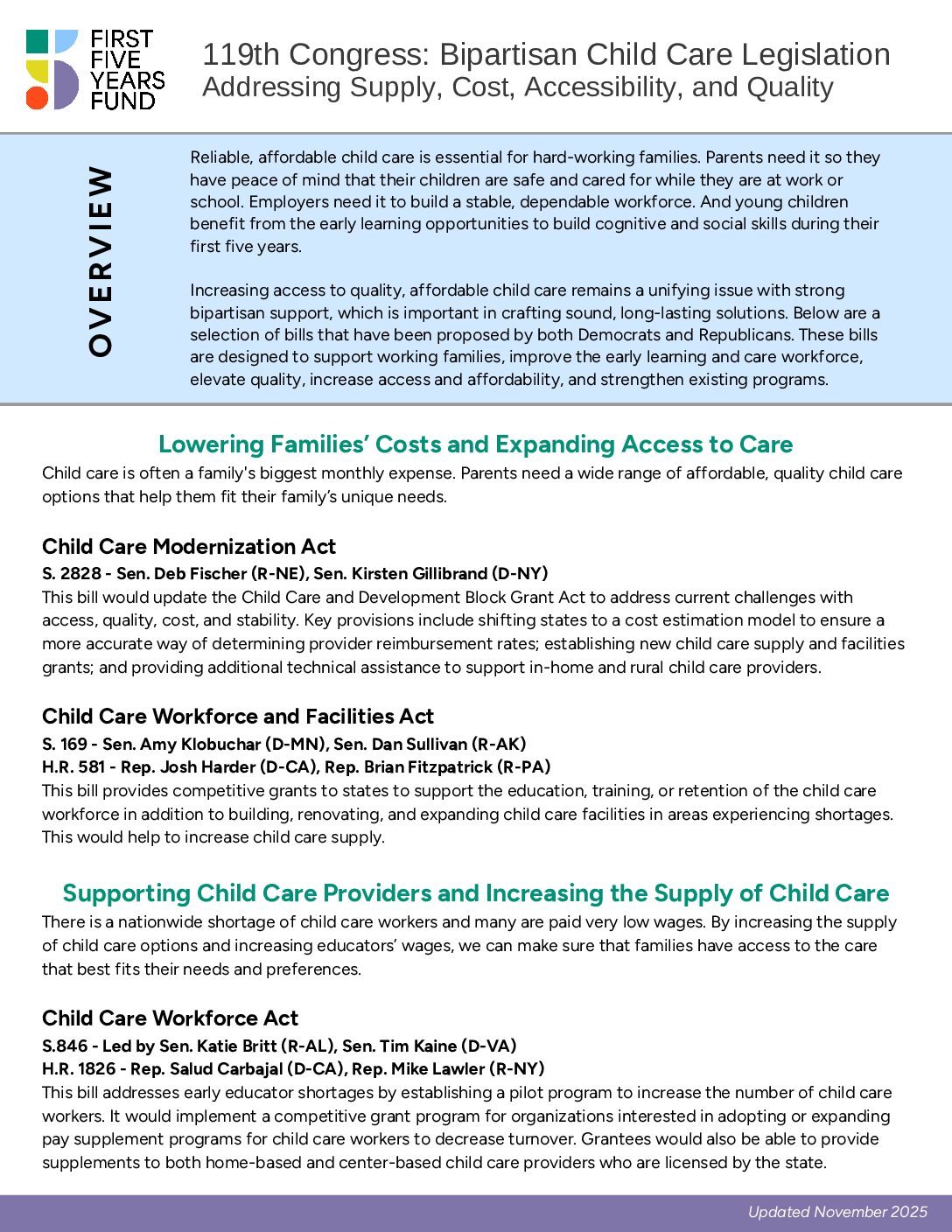North Korea’s Illicit Funds Bolster Russia’s War in Ukraine, US Says – Kyiv Post

Report on United States Initiative Against Illicit North Korean Financial Networks
A multi-agency initiative has been launched by the United States to dismantle illicit financial networks supporting the Democratic People’s Republic of Korea (DPRK). These networks are reported to fund prohibited weapons programs and contribute to the conflict in Ukraine, presenting a significant challenge to global peace and sustainable development.
Threats to Sustainable Development Goals (SDGs)
Undermining SDG 16: Peace, Justice and Strong Institutions
The DPRK’s activities represent a direct contravention of SDG 16, which aims to promote peaceful and inclusive societies, provide access to justice for all, and build effective, accountable, and inclusive institutions at all levels. The generation of illicit revenue for weapons of mass destruction (WMD) and ballistic missile programs fundamentally undermines global peace and security. Furthermore, the unlawful transfer of these ballistic missiles to Russia for use against Ukrainian territory, including the city of Kyiv, is a severe violation of international law and a direct assault on peace and stability.
Violation of SDG 8: Decent Work and Economic Growth
The initiative highlights large-scale fraudulent operations involving thousands of highly skilled DPRK IT workers. These schemes undermine SDG 8 by:
- Utilizing fraudulent documents and stolen identities to secure employment, displacing legitimate workers and distorting the labor market.
- Systematically diverting hundreds of millions of dollars in earnings away from legitimate economic activity and towards state-sponsored weapons development.
- Exploiting global corporate networks for illicit purposes, including the reported injection of malware, which compromises economic productivity and security.
Coordinated Response to Uphold International Law and Security
Multi-Agency Actions and Partnerships (SDG 17)
In line with SDG 17 (Partnerships for the Goals), the campaign involves coordinated actions from the U.S. State, Justice, and Treasury Departments. This collaborative approach is designed to enhance the effectiveness of measures aimed at disrupting financial mechanisms that support the DPRK. The initiative also seeks international cooperation through rewards for information, reinforcing the need for global partnerships to combat transnational organized crime.
Specific Counter-Measures and Legal Actions
A series of targeted actions have been implemented to hold individuals and entities accountable and dismantle the operational infrastructure of these illicit networks.
Sanctions and Indictments
The U.S. Treasury Department has sanctioned the Korea Sobaeksu Trading Company, identifying it as a front for the Munitions Industry Department, which is central to the DPRK’s nuclear program. Three individuals associated with these operations have also been designated, resulting in the blocking of their assets. Concurrently, the Justice Department has unsealed indictments against seven DPRK nationals for sanctions evasion linked to the trafficking of counterfeit goods.
Rewards for Information
The State Department’s Transnational Organized Crime Rewards Program (TOCRP) and Rewards for Justice program are offering substantial financial incentives for information that disrupts these illicit activities. Key individuals targeted include:
- Sim Hyon-sop: Reward of up to $7 million.
- Myong Chol-Min: Reward of up to $3 million.
- Kim Se-Un: Reward of up to $3 million.
- Kim Yong-Bok: Reward of up to $500,000.
- Kim Chol-Min (“Jack”): Reward of up to $500,000.
- Ri Tong-Min (“Elvis”): Reward of up to $500,000.
- Ri Won-Ho: Reward of up to $500,000.
A standing reward of up to $5 million is also available for intelligence that disrupts financial mechanisms supporting the DPRK government. These measures aim to strengthen justice and accountability, key targets of SDG 16.
SDGs Addressed in the Article
-
SDG 16: Peace, Justice and Strong Institutions
This is the most prominent SDG in the article. The text focuses on combating illicit financial flows, transnational organized crime, and the proliferation of weapons, all of which are central to SDG 16. The US government’s multi-agency initiative is a direct action to strengthen institutions and enforce justice to promote peace and security.
-
SDG 8: Decent Work and Economic Growth
The article highlights a large-scale fraudulent IT worker scheme where North Korean operatives use stolen identities to secure jobs. This undermines the principles of decent work, fair competition, and legitimate economic activity by defrauding companies and exploiting labor for illicit purposes.
-
SDG 17: Partnerships for the Goals
The response described in the article involves a coordinated effort between multiple US government departments (State, Justice, and Treasury). This multi-agency approach to tackling a global problem exemplifies the kind of partnership required to achieve the SDGs.
Specific SDG Targets Identified
-
SDG 16: Peace, Justice and Strong Institutions
-
Target 16.1: Significantly reduce all forms of violence and related death rates everywhere.
The article directly connects North Korea’s illicit revenue to violence by stating that the ballistic missiles funded by these schemes “have been unlawfully transferred to Russia, where they have been used to strike Ukrainian territory, including Kyiv.” This demonstrates a clear link between the financial crimes and active conflict.
-
Target 16.4: By 2030, significantly reduce illicit financial and arms flows, strengthen the recovery and return of stolen assets and combat all forms of organized crime.
This target is the central theme of the article. The entire US initiative is aimed at disrupting “North Korea’s illicit financial networks.” The text explicitly mentions combating “illicit oil smuggling,” “trafficking of counterfeit goods,” “cryptocurrency theft,” and other forms of organized crime used to fund “prohibited weapons programs.” The rewards program is a measure to combat these crimes.
-
Target 16.a: Strengthen relevant national institutions… to prevent violence and combat terrorism and crime.
The article details the actions of “the US State, Justice, and Treasury Departments.” These national institutions are working in a “coordinated” manner to issue sanctions, unseal indictments, and offer rewards, thereby strengthening their capacity to combat the transnational crimes described.
-
-
SDG 8: Decent Work and Economic Growth
-
Target 8.8: Protect labour rights and promote safe and secure working environments for all workers.
The article describes how North Korea dispatches “thousands of highly skilled IT workers” who use “fraudulent documents, stolen identities, and fabricated personas to secure high-paying remote jobs.” This scheme defrauds companies and creates an insecure working environment built on deception, directly contravening the principles of this target.
-
-
SDG 17: Partnerships for the Goals
-
Target 17.17: Encourage and promote effective public, public-private and civil society partnerships.
The State Department’s “Transnational Organized Crime Rewards Program” and “Rewards for Justice program” are mentioned, offering up to $15 million for information from the public. This represents a partnership between a public entity (the government) and civil society (individuals) to achieve security goals.
-
Indicators for Measuring Progress
-
For Target 16.4 (Reduce illicit financial and arms flows):
-
Value of illicit financial flows:
The article implies this indicator by mentioning the scale of the problem, noting that “hundreds of millions of dollars” are diverted from the IT worker schemes alone. Progress would be a reduction in this amount.
-
Number of individuals and entities sanctioned or indicted for organized crime:
The article explicitly states that the Treasury Department sanctioned one company and three individuals, and the Justice Department “unsealed indictments against seven North Korean nationals.” These numbers serve as a direct indicator of enforcement actions.
-
-
For Target 16.1 (Reduce violence):
-
Number of illicit arms transfers disrupted:
The article mentions the “unlawful transfer” of ballistic missiles to Russia. The goal of the US initiative is to cut off the revenue streams for these weapons, thereby implicitly aiming to reduce the number of such transfers.
-
-
For Target 8.8 (Protect labour rights):
-
Number of fraudulent labor schemes identified and disrupted:
The article highlights a specific scheme involving “thousands of highly skilled IT workers” and the defrauding of “over 300 US companies.” The number of such schemes uncovered and dismantled would be a measure of progress.
-
Summary of SDGs, Targets, and Indicators
| SDGs | Targets | Indicators (Mentioned or Implied in the Article) |
|---|---|---|
| SDG 16: Peace, Justice and Strong Institutions | 16.1: Significantly reduce all forms of violence and related death rates everywhere. | Number of illicit arms transfers (e.g., ballistic missiles to Russia). |
| 16.4: Significantly reduce illicit financial and arms flows… and combat all forms of organized crime. | – Value of illicit financial flows (“hundreds of millions of dollars”). – Number of individuals/entities sanctioned or indicted (1 company, 10+ individuals mentioned). |
|
| 16.a: Strengthen relevant national institutions… to combat… crime. | Number of coordinated actions by national institutions (e.g., the multi-agency initiative by State, Justice, and Treasury Depts). | |
| SDG 8: Decent Work and Economic Growth | 8.8: Protect labour rights and promote safe and secure working environments. | – Number of fraudulent labor schemes identified. – Number of workers involved in exploitative schemes (“thousands of… IT workers”). – Number of companies defrauded (“over 300 US companies”). |
| SDG 17: Partnerships for the Goals | 17.17: Encourage and promote effective public, public-private and civil society partnerships. | Existence of public-civil society reward programs (“Rewards for Justice program”). |
Source: kyivpost.com

What is Your Reaction?
 Like
0
Like
0
 Dislike
0
Dislike
0
 Love
0
Love
0
 Funny
0
Funny
0
 Angry
0
Angry
0
 Sad
0
Sad
0
 Wow
0
Wow
0

